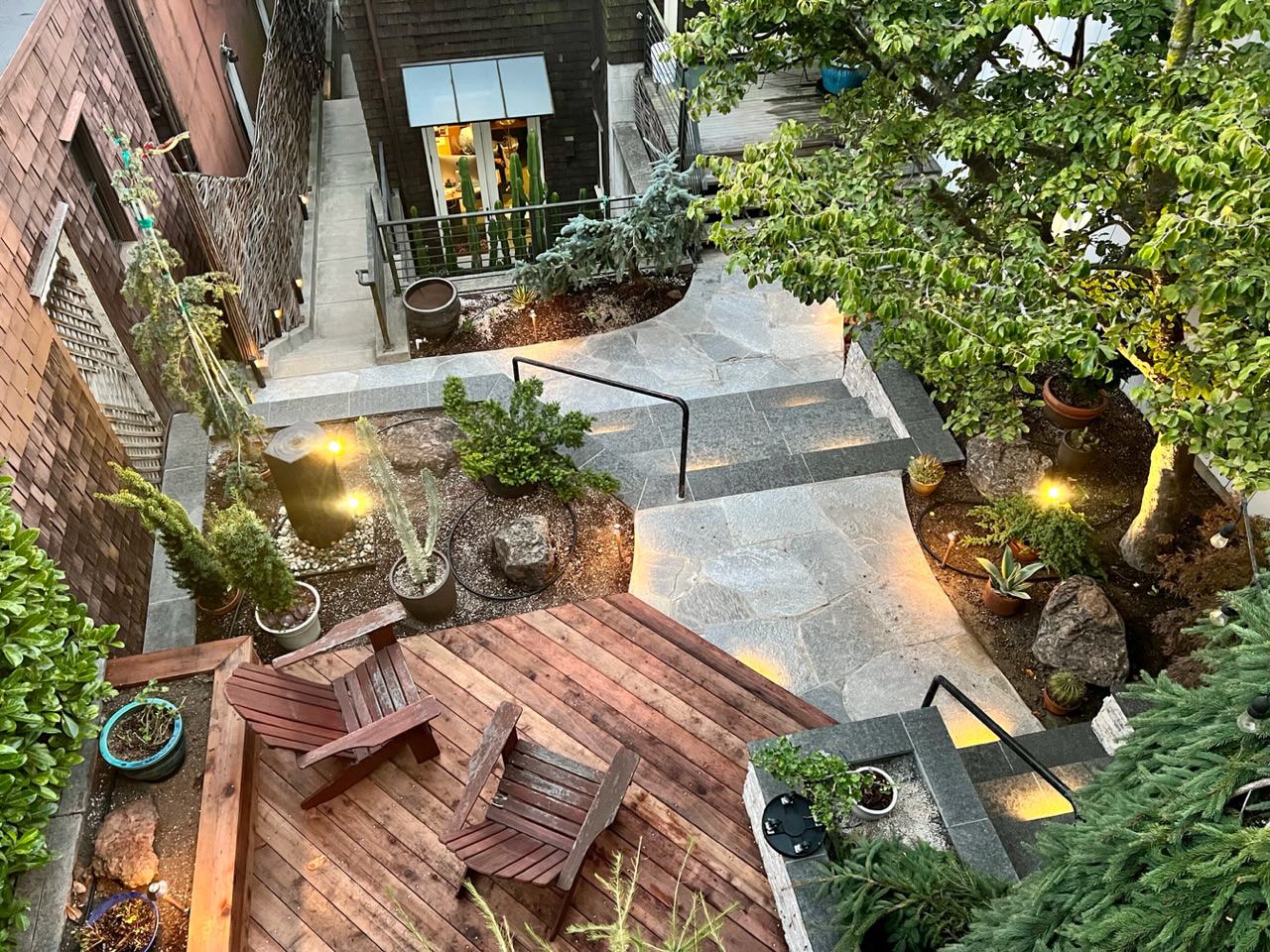This species is originally a survivor of the Carboniferous Age in Europe and North America. Horsetail Reed Grass are slender and a beautiful shade of green, giving a “bushy” look reminiscent of a horse’s tail.
San Francisco Plant Directory for Landscaping
This species is originally a survivor of the Carboniferous Age in Europe and North America. Horsetail Reed Grass are slender and a beautiful shade of green, giving a “bushy” look reminiscent of a horse’s tail.
Horsetail Reed Grass loves water, so it does really well in ponds or marshy areas. You will see quite a few of these in our designs, around water features or with irrigation systems to keep them well hydrated. They are quite hearty and can put up with a lot of wind and sun.
Dig out any unwanted shoots from the root, and don’t be afraid to be a little rigorous with them. This fast-growing species can be found in almost any type of soil or light level: making it adaptable to any home. With its classic look and easy upkeep, horsetail reed grass offers numerous benefits – both visual and practical – that make adding it to your garden an attractive option! Horsetail is an incredibly durable yet low-maintenance plant and therefore a great addition to any garden. Its resilient nature means it won’t be affected by pests or disease, so all that’s needed for upkeep is occasional watering plus cutting the dead stalks when they dry out in autumn.
Tamate Landscaping specializes in creating beautiful landscapes with Asian and Japanese flair. From outdoor lighting to custom stonework and drought-tolerant landscapes to stunning koi ponds, we have the expertise to design and install your dream outdoor living space.
For a free estimate, contact our skilled landscaper in San Francisco, experienced in Japanese Garden design, water features such as Koi ponds, practical and decorative retaining walls, and more.
